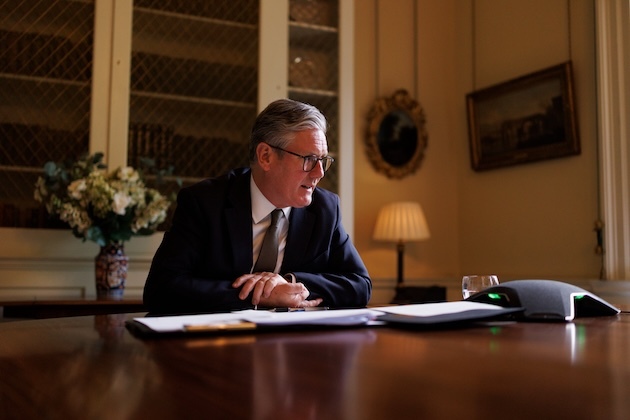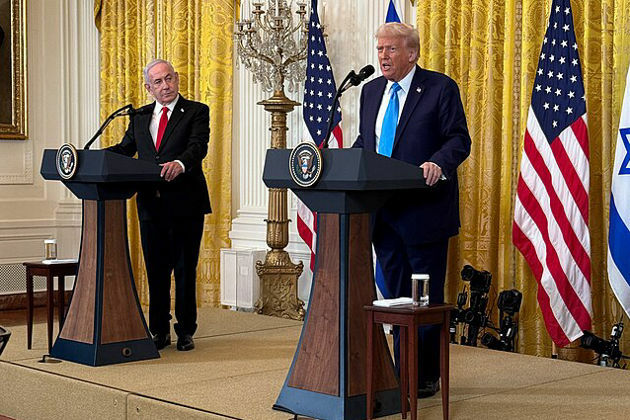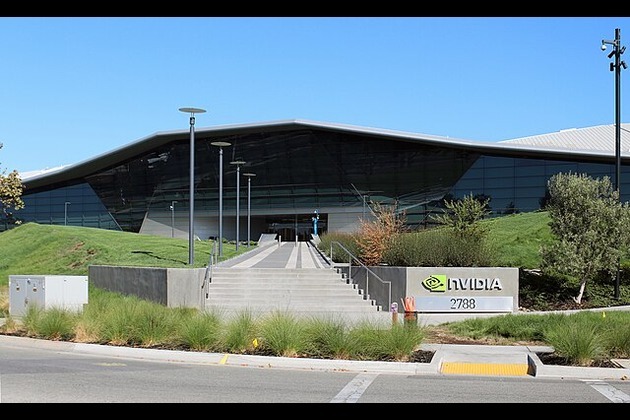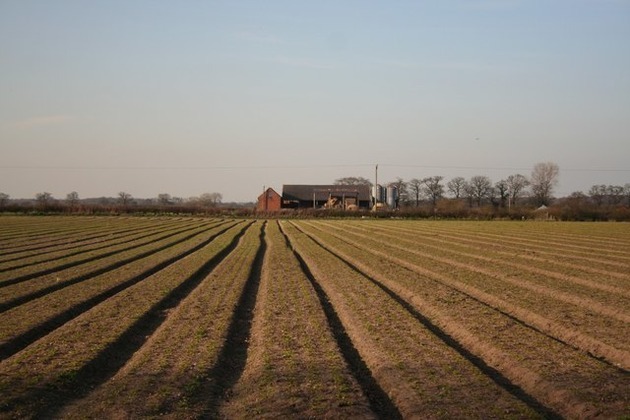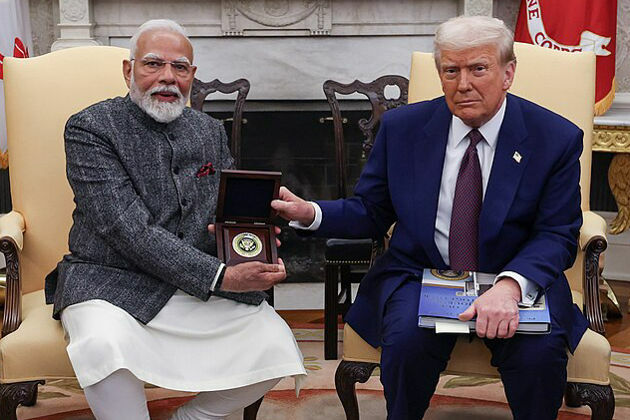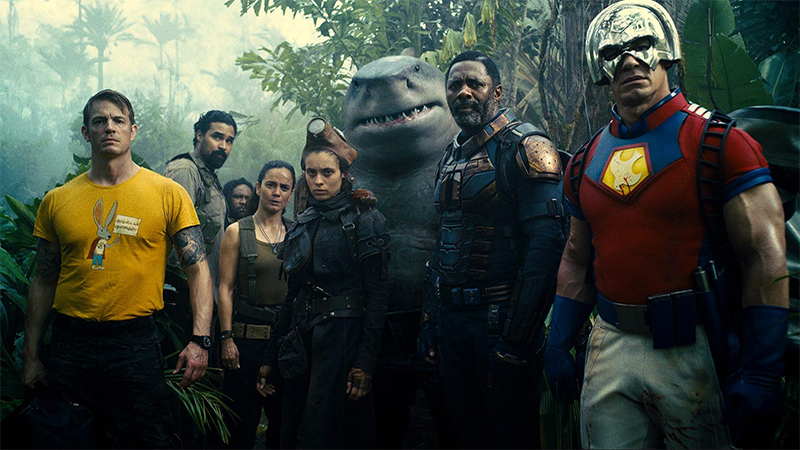Jos Opdeweegh Reflects on the Price Tag of Trust
ACCESS Newswire
25 Nov 2020, 21:31 GMT+10
ATLANTA, GA / ACCESSWIRE / November 25, 2020 / In today's turbulent socio-political climate, tensions have reached an all-time high. Gripped by fear and anxiety, leaders and entire nations can become overwhelmed and unable to respond with reason and tact. With over 20 years of experience leading and developing global companies, Jos Opdeweegh likens this physical response to our primitive instincts to fight, flee, or freeze in situations of stress. This evolutionary response manifests itself in the physical body, resulting in symptoms like heart palpitations and sweaty palms, while in the mind, humans abandon their ability to reason, and they are left only with the ability to react based on their inherent instinct of self-preservation.
Opdeweegh moves on to explain his perspective on the U.S. presidential elections, which he describes as a critical moment in history which has stirred heightened anxieties and a swell of emotions.
'The anxiety is palpable and, in many ways, more so than any policy differences,' Opdeweegh notes, as he explains the apparent division that has emerged during this time. 'It comes to something when even the postal system has been politicized for fear of fraud in what's regarded as the home of freedom.'
Opdeweegh also compares the election in the U.S. to the issue of Brexit in the UK. 'Brexit has paralyzed British politics for the last five years, and arguably longer. Business is disrupted, investment delayed; uncertainty and mistrust are endemic.'
Shrouded in uncertainty and paralyzed by fear, the masses are so intently focused on what divides us, that we actually accomplish very little.
'Imagine if we were to conduct business this way,' says Opdeweegh, whose insights are grounded in two decades of business leadership and growth. 'If there were no requirement to balance the interests of stakeholders, but rather to meet only the needs of those who held the most sway. If I have learned anything as an organizational leader, it's that sustainable progress requires a broader and longer-range perspective than the hollow promises of troubleshooters and partisans.'
This does not mean that decisive action is not necessary or appropriate in some situations; however, it is to assert that good business and strong leadership must come to a better solution than to simply decide by majority or make settlements that benefit some, while others perish.
'That's why diversity is so important. We thrive and make better decisions by considering a variety of perspectives; by ensuring we have not only social, ethnic, and gender balance in our teams, but something of the same in our modes of thinking,' declares Opdeweegh. 'We need creatives and disruptors, just as much as we need hard-nosed operators and cautious finance directors.'
Most importantly, considering a variety of perspectives gives us the ability to understand experiences outside of our own to feel empathy. Opdeweegh offers the historian Niall Ferguson, who has spoken of the lack of empathy in contemporary British and US debate. He has sought to understand and communicate the appeal of both President Trump and Prime Minister Johnson, arguing that, while they may have a loose relationship to facts, they also call out truths that are deeply felt by many. His intent is not to position these men as noble politicians, but to note that unless we acknowledge the concerns that underlie their appeal, we can not make progress together.
'Thinking this way is often easier said than done. As a libertarian, internationalist, and passionate social democrat, my response to the decisions I perceive as foolish or unjust, ranges from anger to despair. In a sense, it's a cognitive equivalent of the fight or flight phenomenon,' says Opdeweegh. 'My values tell me there are lines we must not cross and on these I am firm. But I know also that politics is not an ethical exercise - that what ‘is' weighs more heavily than what ‘ought' - and that the pursuit of power has its own self-rationalizing dynamic. To expect better of our leaders is best held as a hope than an expectation.'
When asked about the risks of putting barriers in the trust of others, Opdeweegh notes that the cost of fear - or put differently, the price-tag of trust - is intangibly vast. After the financial crash, Opdeweegh notes, banks spent millions of dollars revisiting their values, only to still be trying to convince us a decade later. In addition, the police and other public bodies have encountered similar pressures, as the Black Lives Matter movement is but one example of injustices that are deeply felt by those who've lost faith.
But how can we overcome fear to find resolutions for a brighter future? 'Hope,' answers Opdeweegh, frankly. 'To make collective progress - be that in business, politics, or as people - we must have hope. We must have faith in our future, care for each other, and trust that extends beyond tomorrow.'
Finally, Opdeweegh asserts that hope is why all leaders, in politics and business, trade on vision. Vision, or paving a positive future for our companies, is, in many ways, what modern leadership is about. 'To succeed, we must bring others with us, keeping our word and winning the trust of more than a slim majority. To overcome fear, we must find what unites us before addressing what divides.'
Andrew Mitchell
Email: [email protected]
Phone: 404-955-7133
SOURCE: Jozef Opdeweegh
View source version on accesswire.com:
https://www.accesswire.com/617928/Jos-Opdeweegh-Reflects-on-the-Price-Tag-of-Trust
 Share
Share
 Tweet
Tweet
 Share
Share
 Flip
Flip
 Email
Email
Watch latest videos
Subscribe and Follow
Get a daily dose of California Telegraph news through our daily email, its complimentary and keeps you fully up to date with world and business news as well.
News RELEASES
Publish news of your business, community or sports group, personnel appointments, major event and more by submitting a news release to California Telegraph.
More InformationInternational
SectionTragedy in Spain: Diogo Jota and his brother die in car accident
MADRID, Spain: Liverpool footballer Diogo Jota and his younger brother, André Silva, have died in a car accident in Spain. Spanish...
Early heatwave grips Europe, leaving 8 dead and nations on alert
LONDON, U.K.: An unrelenting heatwave sweeping across Europe has pushed early summer temperatures to historic highs, triggering deadly...
U.S. military, China, Russia in Space race
President Donald Trump's plans to build a space-based Golden Dome missile defense shield have drawn immediate criticism from China,...
Trump wins $16 million settlement from Paramount over CBS Harris edit
NEW YORK CITY, New York: Paramount has agreed to pay US$16 million to settle a lawsuit brought by U.S. President Donald Trump over...
British PM faces major party revolt over welfare reforms
LONDON, U.K.: British Prime Minister Keir Starmer won a vote in Parliament this week to move ahead with changes to the country's welfare...
White House meeting between Trump, Netanyahu on July 7
WASHINGTON, D.C.: President Donald Trump will meet Israeli Prime Minister Benjamin Netanyahu at the White House on Monday. President...
Business
SectionEngine defect prompts Nissan to recall over 443,000 vehicles
FRANKLIN, Tennessee: Hundreds of thousands of Nissan and Infiniti vehicles are being recalled across the United States due to a potential...
Microsoft trims jobs to manage soaring AI infrastructure costs
REDMOND, Washington: Microsoft is the latest tech giant to announce significant job cuts, as the financial strain of building next-generation...
Stocks worldwide struggle to make ground Friday with Wall Street closed
LONDON UK - U.S. stock markets were closed on Friday for Independence Day. Global Forex Markets Wrap Up Friday with Greeback Comeback...
Nvidia briefly tops Apple’s record in AI-fueled stock rally
SANTA CLARA, California: Nvidia came within a whisker of making financial history on July 3, briefly surpassing Apple's all-time market...
ICE raids leave crops rotting in California, farmers fear collapse
SACRAMENTO, California: California's multibillion-dollar farms are facing a growing crisis—not from drought or pests, but from a sudden...
Trump signals progress on India Trade, criticizes Japan stance
WASHINGTON, D.C.: President Donald Trump says the United States could soon reach a trade deal with India. He believes this deal would...





